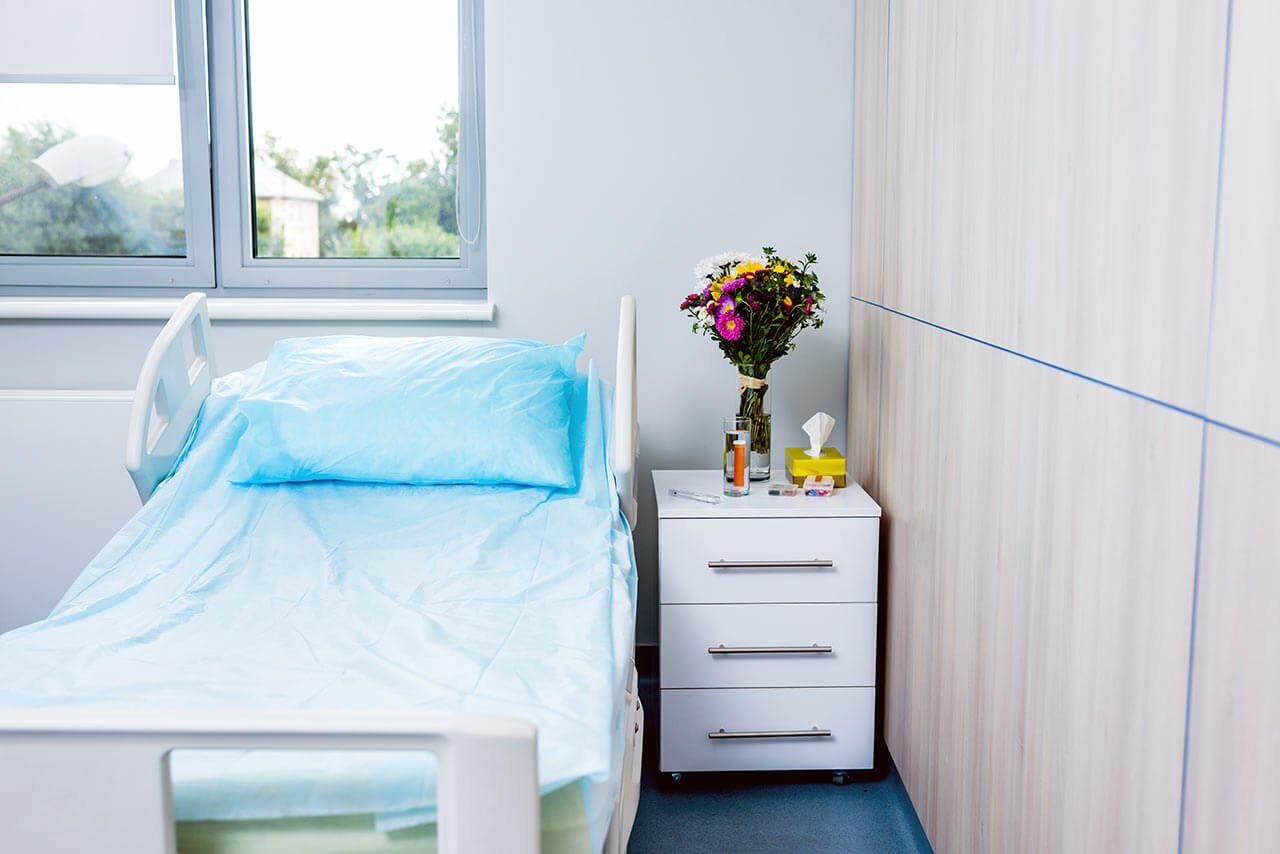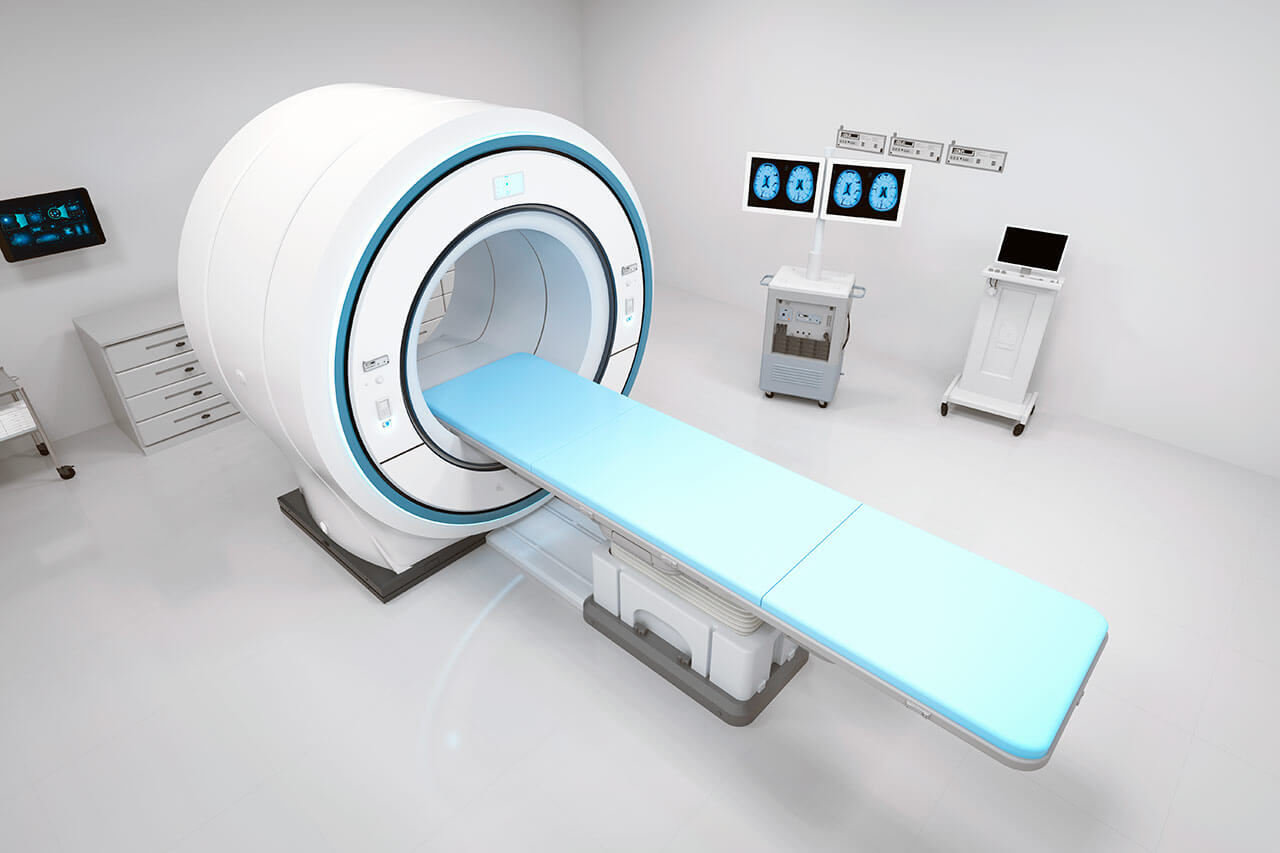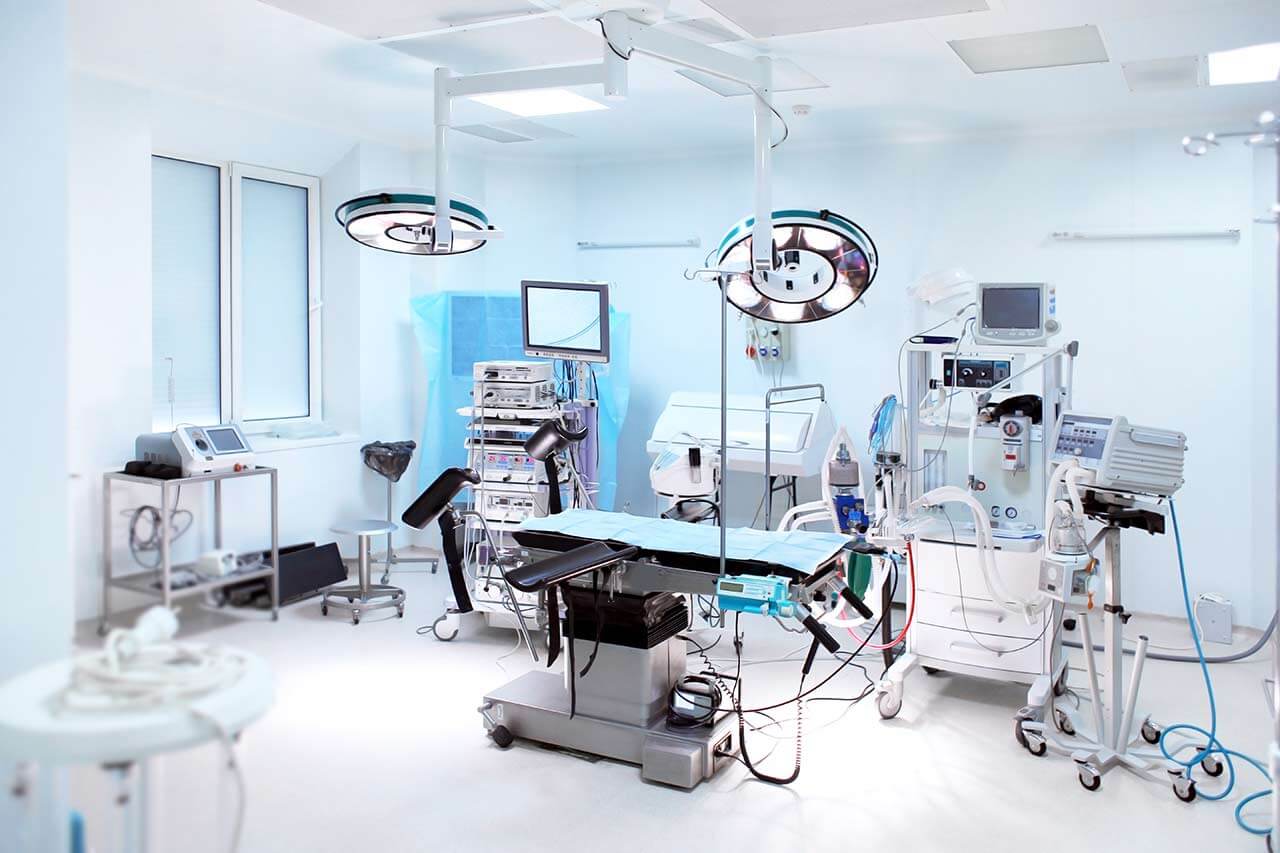
The program includes:
- Initial presentation in the clinic
- clinical history taking
- review of medical records
- physical examination
- laboratory tests:
- complete blood count
- biochemical analysis of blood
- thyroid function test (TSH-basal, fT3, fT4)
- mineral metabolism analysis (Na, K, Ca, Mg)
- lipid metabolism (HDL/LDL, cholesterol, triglycerides,
Lip(a), homocysteine) - iron content (ferritin, iron)
- blood coagulation analysis (aPTT, PT, INR)
- metabolic status (uric acid, total glucose, HbA1c)
- inflammatory parameters (CRP, ESR)
- cardiovascular disease risk markers
- vascular system assessment
- lung function test (Spirometry)
- resting and exercise ECG
- vessel elasticity measurement
- Holter monitoring (24h)
- body fat and water examination
- color doppler echocardiography
- color doppler sonography of cerebral vessels
- cardiac catheterization with stent placement
- symptomatic treatment
- control examinations
- the cost of essential medicines and materials
- nursing services
- full hospital accommodation
- explanation of future recommendations
Required documents
- Medical records
- ECG (if available)
- Echocardiography (if available)
- Coronary angiography (if available)
Service
You may also book:
 BookingHealth Price from:
BookingHealth Price from:
About the department
According to the Focus magazine, the Department of Cardiology and Angiology at the University Hospital Giessen UKGM ranks among the top German medical facilities in its areas of specialization!
The department offers the full range of diagnostics and treatment for patients with acute and chronic diseases of the cardiovascular system. The department (in collaboration with the Department of Cardiac Surgery) is integrated into the University Center for Cardiovascular Medicine. Thus, cardiologists and cardiac surgeons cooperate closely. The department has special competence in the field of interventional coronary revascularization and other cardiac interventions, electrophysiology, non-invasive tomography and cardiac MRI. Medical care is provided in accordance with relevant recommendations of the professional national and international societies. The Chief Physician of the department is Prof. Dr. med. Christian Hamm.
The department has an Intensive Care Unit, a Day Hospital, specialized Outpatient Clinics, as well as the Section of Functional Diagnostics and 3 modern Cardiac Catheterization Laboratories, which provide the best options for patient care at the highest professional level. The department performs more than 4,000 catheter interventions every year.
An important field of the department's clinical practice is the implantation and maintenance of event recorders, pacemakers, implantable cardioverter defibrillators, cardiac contractility modulation devices (CCM/Optimizer®), as well as baroreceptor activation devices. The interventions are carried out in one of the modern cardiac catheterization laboratories or in a hybrid operating room. The department implants devices of all manufacturers, depending on the patient’s needs.
In the field of angiology, the department provides the diagnostics, conservative and interventional therapy, rehabilitation and prevention of diseases of the arteries, veins and lymph nodes. To make an accurate diagnosis, the department applies such modern diagnostic examinations as Doppler ultrasonography of the carotid arteries, kidney arteries, duplex ultrasonography of the peripheral arteries, veins of the lower limbs, capillary microscopy, oscillography, occlusal plethysmography, venous occlusion plethysmography. Of particular interest in this field is the treatment of peripheral arterial occlusive disease of the lower limbs, cerebrovascular disorders and venous thrombosis.
The department's spectrum of medical services includes:
- Outpatient medical care
- Diagnostics and treatment of heart failure
- Diagnostics and treatment of refractory hypertension
- Diagnostics and treatment of heart valve defects
- Cardiological diagnostics of athletes (for the assessment of the state of cardiovascular system and detection of risk factors)
- Diagnostics and treatment of heart rhythm disorders
- Catheter diagnostics and treatment (within 3 modern Cardiac Catheterization Laboratories)
- 24-hour medical care for patients with heart attack
- Percutaneous coronary interventions, including vascular interventions after coronary artery bypass grafting and interventions for chronic coronary occlusion
- Left and right heart catheter diagnostics
- Aortic valvuloplasty
- Transcatheter aortic valve implantation
- Mitral valvuloplasty
- Mitra-Сlip technique for the treatment of mitral valve insufficiency
- Interventional procedures for the closure of foramen ovale, atrial and interventricular septal defects
- Transcoronary ablation in hypertrophic obstructive cardiomyopathy
- Fractional flow reserve measurement
- Intravascular imaging
- Intravascular ultrasound examination
- Optical coherence tomography
- Intra-aortic balloon pump placement
- Rotablation, laser coronary angioplasty
- Interventional therapy in carotid stenosis
- Myocardial biopsy
- Renal denervation in refractory arterial hypertension
- Closure of the atrial appendage defect
- Implantation of bioabsorbable stents
- Diagnostics and treatment of heart rhythm disorders
- Orthostatic test
- Electrical cardioversion
- Invasive electrophysiological examination
- Ablation therapy
- Radiofrequency ablation
- Cryoablation
- Ablation in atrial fibrillation (pulmonary vein isolation) by means of classical radiofrequency ablation and ablation using special cryoballoon
- State-of-the-art 3D mapping using cutting-edge CT/MRI systems
- Ablation therapy in complex congenital heart defects
- Implantation of electronic devices for the maintenance of heart function
- Implantation of pacemakers
- Implantation of defibrillators
- Implantation of event recorders
- Installation of cardiac contractility modulation devices
- Installation of baroreceptor activation systems
- Emergency cardiac care for patients with heart attack
- Diagnostics and treatment of angiological diseases
- Occlusive disease of the peripheral arteries of the lower limbs
- Cerebrovascular disorders
- Venous thrombosis
- Other diagnostic and therapeutic options
Curriculum vitae
Education and Professional Career
- 1973 - 1976 Study of Medicine at the University of Mainz.
- 1976 - 1979 Study of Medicine at the University of Hamburg.
- 1979 Doctoral thesis defense at the University of Hamburg. Subject: "Blood flow and myocardial metabolism in patients with aortic stenosis".
- 1980 - 1981 Research Fellow of the Ischaemic Heart Research Unit at the University of Cape Town as Scholar of the German Research Foundation.
- 1981 - 1998 Department of Cardiology, University Hospital Hamburg-Eppendorf.
- 1989 Habilitation in Internal Medicine.
- 1995 Appointment as Extraordinary Professor in Internal Medicine, University of Hamburg.
- 1996 Invitation to the position of C3 Professor (temporary), Department of Cardiology, University Hospital Hamburg-Eppendorf.
- Since 1999 Head of the Department of Cardiology, Kerckhoff-Klinik, Bad Nauheim.
- 2002 Election to the Clinical Commission of the German Cardiac Society.
- Since 2004 Board Member of the European Society of Cardiology (ESC).
- 2004 Election as the Board Member of the European Society of Cardiology (ESC).
- Since 2004 Medical Director and Managing Director of the Kerckhoff-Klinik.
- 2006 - 2008 Secretary/Treasurer of the European Society of Cardiology (ESC).
- 2008 W3 Professor of the Department of Cardiology, Johann Wolfgang Goethe University Frankfurt am Main.
- 2011 Head of the Department of Cardiology and Angiology at the University Hospital Giessen UKGM.
- 2012 President of the 41st Annual Conference of the German Society for Thoracic and Cardiovascular Surgery.
Research Focuses
- Cardiac biomarkers.
- Interventional therapy.
- Acute coronary syndrome.
- Cardiac MRI and CT
Memberships in Professional Societies
- 1982 German Society of Cardiology, Cardiovascular Research.
- 1988 German Society of Internal Medicine.
- 1989 Member of the European Society of Cardiology.
- 1993 Member of the American College of Cardiology.
- 2010 German Society for Thoracic and Cardiovascular Surgery (DGTHG).
Photo of the doctor: (c) UKGM - Universitätsklinikum Gießen und Marburg GmbH
About hospital
The University Hospital Giessen UKGM positions itself as an ultramodern medical facility with outstanding quality of medical care. The hospital presents almost all areas of medicine, ranging from ophthalmology to traumatology and dentistry. The priorities of the hospital’s activities include surgery, neurosurgery, oncology, nephrology with kidney transplantation and pediatric medicine.
The hospital is the third largest in Germany. Every year, more than 436,000 patients are treated in two locations of the hospital (Giessen and Marburg): 342,000 outpatients and 94,000 inpatients. The medical facility is the first privatized university hospital in the country.
The hospital staff is engaged not only in clinical practice, but also in research activities on the basis of the Faculty of Medicine at Justus Liebig University Giessen and Philipps University of Marburg, which contributes to a significant contribution to the development of modern medicine. During the many years of productive work on the development of new diagnostic and treatment methods, the hospital’s doctors managed to make many significant discoveries.
The hospital enjoys an excellent reputation in Germany and far beyond its borders. It managed to gain such credibility thanks to the high competence of doctors, advanced equipment, high-quality medical service and care.
Photo: (c) depositphotos
Accommodation in hospital
Patients rooms
The patients of the University Hospital Giessen UKGM live in comfortable rooms made in a modern design and light colors. Each room has an ensuite bathroom with shower and toilet. The standard room furnishing includes an automatically adjustable bed, a bedside table, a wardrobe, a table and chairs for receiving visitors, a TV, a telephone.
Meals and Menus
The patients of the hospital are offered balanced, healthy three meals a day: buffet breakfast, lunch and dinner. The private kitchen, certified according to DIN EN ISO 9001:2000, is responsible for providing patients with food and drinks.
If for some reason you do not eat all foods, you will be offered an individual menu. The hospital also has a cafeteria with a large assortment of hot and cold drinks, snacks and desserts.
Further details
Standard rooms include:
Television
All patient rooms are equipped with TV sets. If you have some questions, please contact medical personnel.
Religion
Religious services can be provided upon request.
Accompanying person
During an inpatient program, an accompanying person can stay with you in a patient room or in a hotel of your choice.
Hotel
During the outpatient program, you can stay at the hotel of your choice. Our managers will help you to choose the most suitable option.




